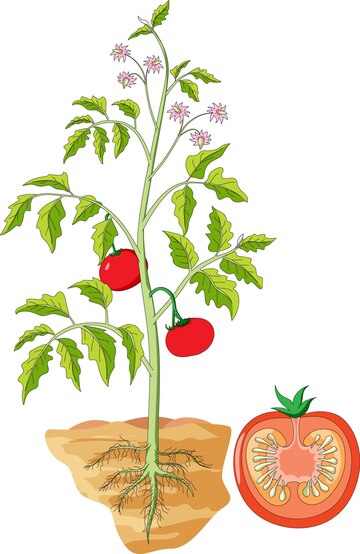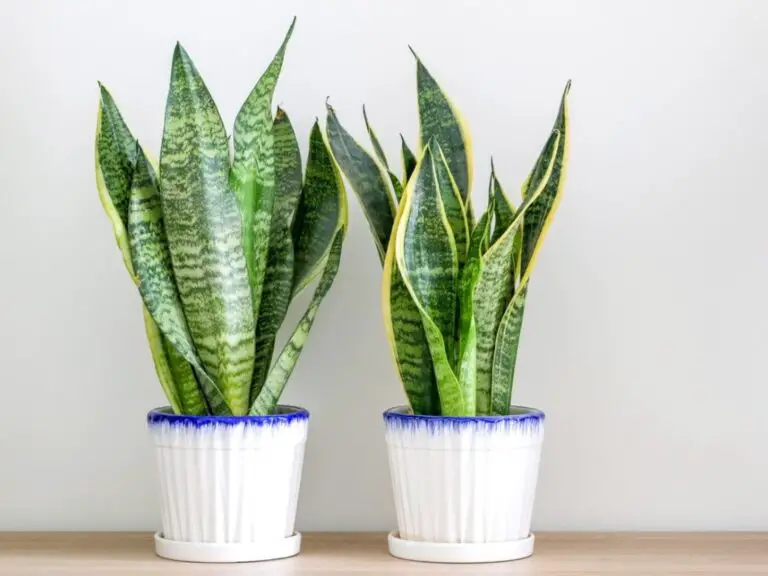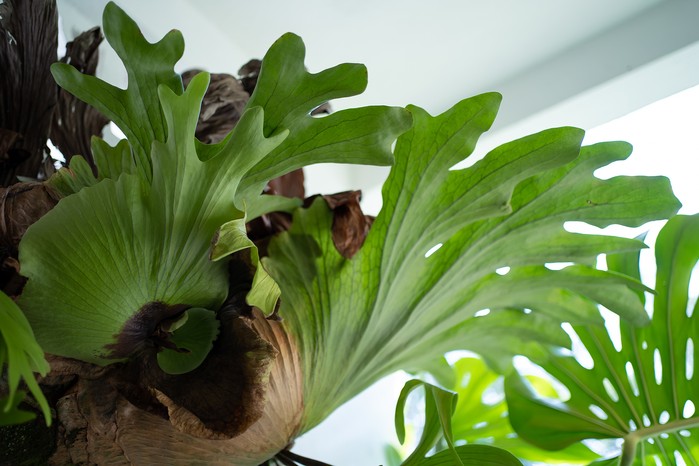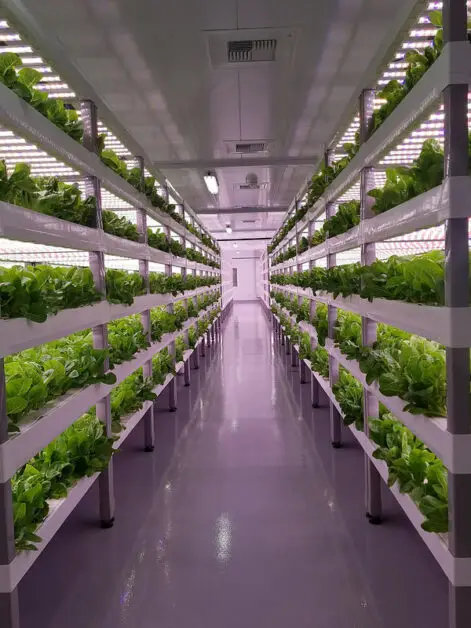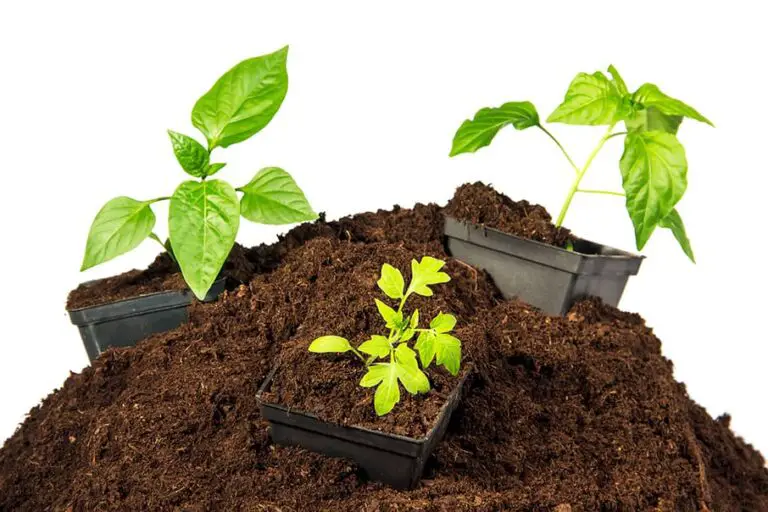‘Awapuhi Kuahiwi’: The Shampoo Ginger Secret
Table of Contents
Awapu
Awapu is a tropical vine that is native to the Hawaiian Islands. Known for its vibrant flowers and glossy, dark green leaves, Awapu is a popular choice among gardening enthusiasts looking to add a touch of exotic beauty to their gardens.
One of the remarkable features of Awapu is its ability to thrive in a variety of growing conditions. Whether you have a sunny garden, a shaded patio, or even a corner in your home, this versatile plant can adapt and flourish. This makes it an ideal choice for those with limited gardening space or unpredictable climates.
In addition to its aesthetic appeal, it also offers several practical benefits. Its climbing nature makes it an excellent choice for trellises or vertical gardens, allowing you to make the most of your available space. Moreover, it boasts a robust root system that not only helps stabilize the soil but also reduces erosion, making it a valuable addition to landscapes in need of soil conservation.

Awapu, known scientifically as Awapu, is a tropical vine native to the Hawaiian Islands, boasting glossy, dark green leaves and vibrant, eye-catching flowers that bloom throughout the growing season, peaking in specified months. This adaptable plant thrives in various environments, from sunny gardens to shaded patios and even indoor spaces, making it a versatile choice for gardeners facing unpredictable climates or limited gardening space. Its climbing nature makes Awapu perfect for trellises and vertical gardens, maximizing available space while adding an elegant touch to any landscape.
Beyond its ornamental value, it’s robust root system stabilizes soil and reduces erosion, making it a practical addition to landscapes in need of soil conservation. Suitable for gardeners of all levels, it offers a complete gardening experience, from understanding its seasonal nuances to exploring creative landscaping ideas. Whether grown indoors or outdoors, it’s stunning beauty and practical benefits make it a desirable addition to any garden, contributing to a lush and vibrant green haven.
With its stunning beauty, adaptability, and soil-stabilizing properties, it is undoubtedly a desirable addition to any garden. Whether you are an experienced gardener or just starting your horticultural journey, this tropical vine is sure to add a touch of elegance and uniqueness to your green spaces. So why not consider introducing Awapu to your garden and enjoy its vibrant blooms and lush foliage year-round?

| Characteristic | Description |
|---|---|
| Botanical Name | Awapu |
| Origin | Native to the Hawaiian Islands |
| Foliage | Glossy, dark green leaves |
| Flowers | Vibrant and eye-catching flowers; blooms throughout the growing season, with peak blooms in [specify months] |
| Growing Conditions | Thrives in various environments, including sunny gardens, shaded patios, and indoor spaces |
| Adaptability | Ideal for limited gardening space and unpredictable climates |
| Climbing Nature | Well-suited for trellises or vertical gardens, maximizing vertical space |
| Root System | Robust root system helps stabilize soil and reduces erosion, making it valuable for soil conservation |
| Landscape Benefits | Enhances the aesthetic appeal of the garden while providing practical benefits for soil and landscape conservation |
| Gardener’s Level | Suitable for both experienced gardeners and beginners, adding elegance and uniqueness to any garden |

What are the traditional uses of Awapu?
Awapu is traditionally used in Hawaiian culture for its medicinal properties. It is believed to have antimicrobial and anti-inflammatory effects and is used to treat various ailments.
How do you pronounce Awapu?
Awapu is pronounced ah-vah-poo.
Can Awapu be consumed orally?
While Awapu has been used for its medicinal properties, it is not commonly consumed orally. It is primarily used topically in the form of oils, creams, or lotions.
Is Awapu safe for topical use?
Awapu is generally considered safe for topical use. However, it is always recommended to perform a patch test before applying it to a larger area of the skin to check for any potential allergic reactions.
Can Awapu be used on all skin types?
Yes, Awapu is suitable for all skin types. However, individuals with sensitive skin should exercise caution and monitor for any adverse reactions.
Does Awapu have any known side effects?
Awapu is generally well-tolerated when used topically. However, excessive use or sensitivity to the plant may cause skin irritation or allergic reactions in some individuals. It is always recommended to consult a healthcare professional before using it.
Can Awapu be used during pregnancy or breastfeeding?
The safety of Awapu during pregnancy or breastfeeding has not been well studied. It is best to consult with a healthcare professional before using it if you are pregnant or breastfeeding.
Where can I find Awapu products?
Awapu products can be found in health stores, natural skincare shops, or online retailers specializing in natural and herbal remedies.
Can I grow Awapu at home?
Yes, Awapu can be grown at home. It thrives in tropical and subtropical climates and requires well-drained soil and regular watering.
Are there any recommended alternatives to Awapu?
While Awapu has unique properties, there are other natural ingredients with similar benefits, such as aloe vera, tea tree oil, or lavender oil. It is always a good idea to explore different options and consult with a healthcare professional for personalized recommendations.

Beck Wakeford is a dedicated writer at SouthElMonteHydroponics, with a fervent enthusiasm for agriculture and technological innovation. Armed with a degree in Agricultural Engineering from a leading university, Beck specializes in hydroponic systems design, automation, and optimization. Their passion for merging traditional farming with cutting-edge technology drives them to explore novel solutions for sustainable food production. Beck’s expertise and keen interest in the intersection of engineering and agriculture make them a valuable asset in the quest for efficient and eco-friendly farming practices. Through their writing, Beck aims to inspire others to embrace the potential of hydroponics in shaping a more sustainable future.

